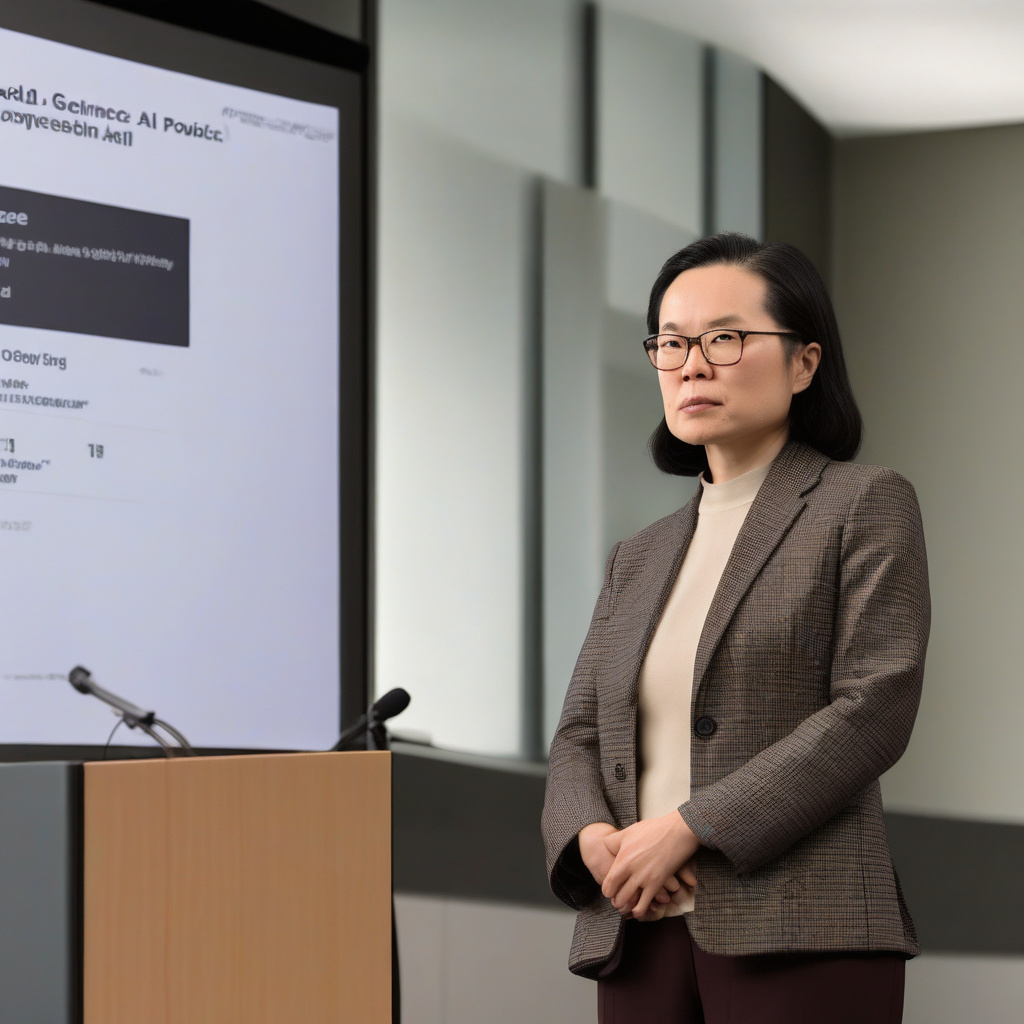In the realm of AI, where the lines between reality and speculation can blur, Fei-Fei Li, the esteemed Stanford computer scientist, is advocating for a grounded approach. Often hailed as “the Godmother of AI,” Li emphasizes the necessity of crafting AI policies on the bedrock of science rather than the whims of science fiction. This astute perspective underscores the importance of aligning regulations and strategies with tangible, evidence-based insights into AI technology.
By urging policymakers to tether their decisions to scientific principles, Li brings a crucial reminder to the table. In a landscape inundated with sensationalized portrayals of AI in popular culture, it is easy to veer off course into the realm of fiction. However, the true potential of AI lies not in fantastical scenarios but in the practical applications grounded in scientific understanding.
When policy decisions are informed by rigorous research, real-world data, and technological feasibility, they are more likely to foster innovation while mitigating risks. This approach enables policymakers to navigate the complexities of AI development with clarity and precision, steering clear of unfounded fears or unrealistic expectations that often stem from science fiction narratives.
For instance, consider the implications of shaping AI policies based on factual insights rather than speculative fiction. An evidence-based approach could lead to regulations that prioritize transparency in AI algorithms, ensuring accountability and fairness in automated decision-making processes. Moreover, it could promote investments in AI education and workforce training, preparing society for the evolving job landscape driven by AI technologies.
In essence, Fei-Fei Li’s call for AI policy grounded in science serves as a beacon guiding policymakers towards a future where AI advancements are not only transformative but also ethically sound. As the AI landscape continues to evolve, it is imperative to heed Li’s advice and embrace a pragmatic, science-driven approach to shaping the regulatory frameworks that will govern AI technologies in the years to come.

